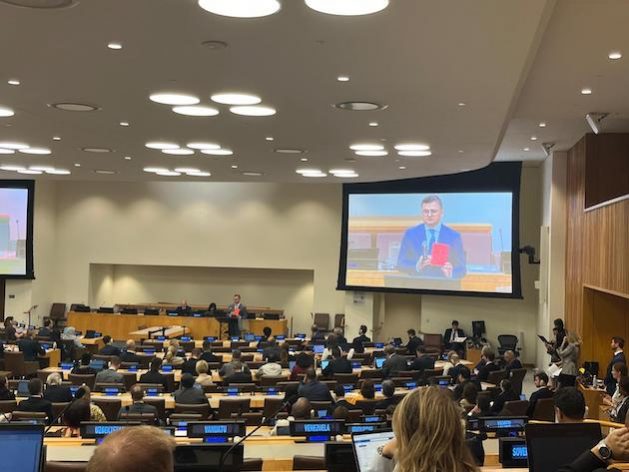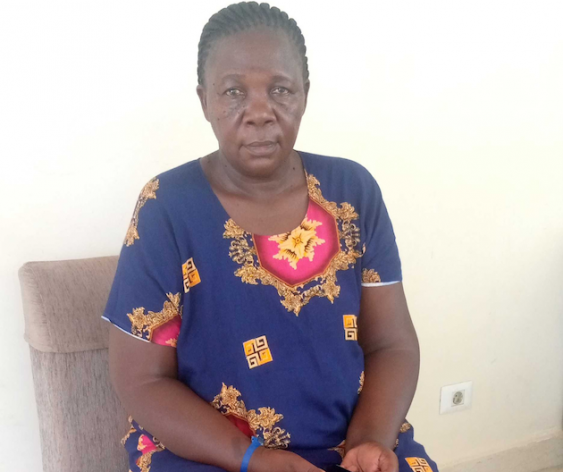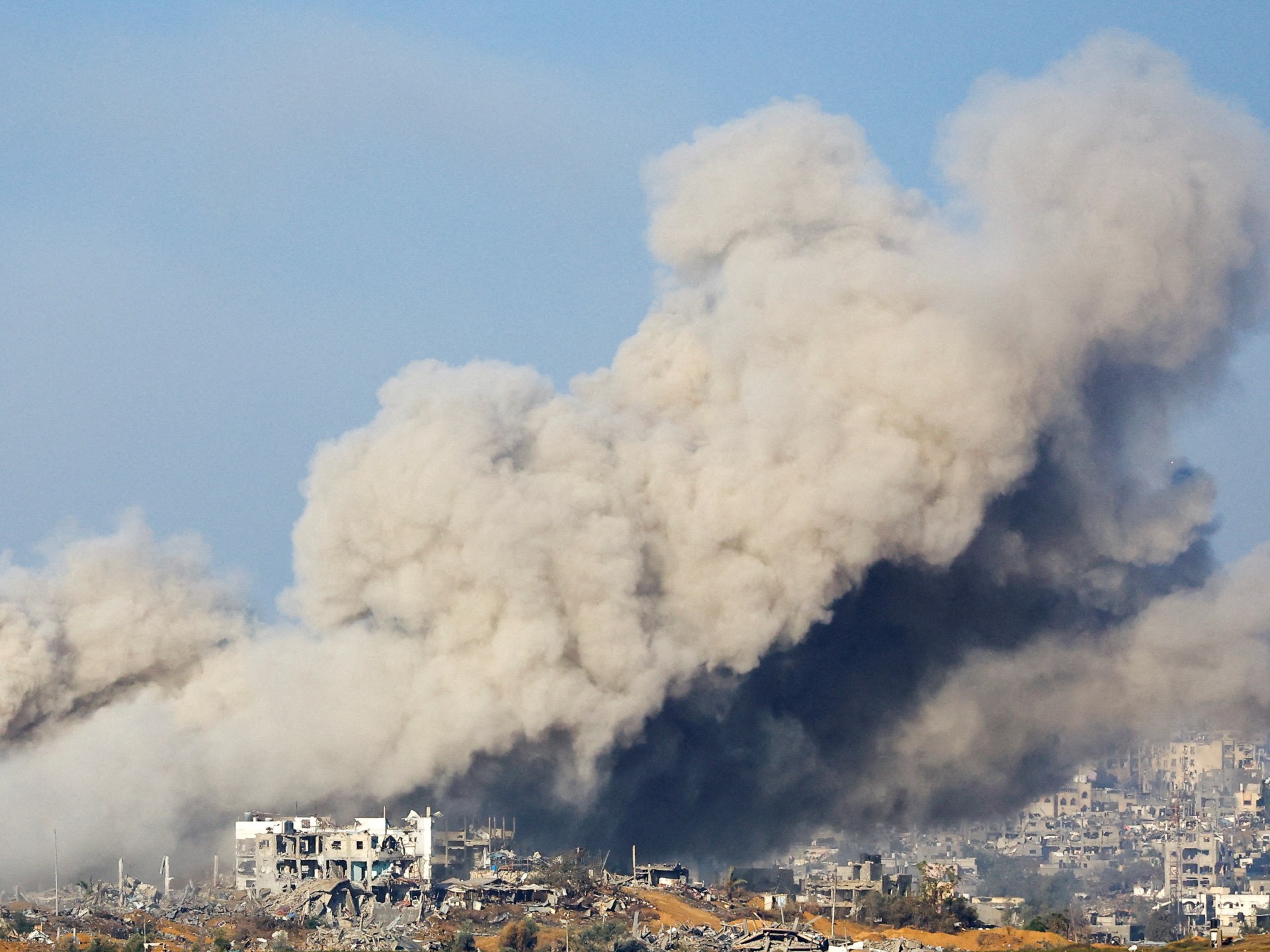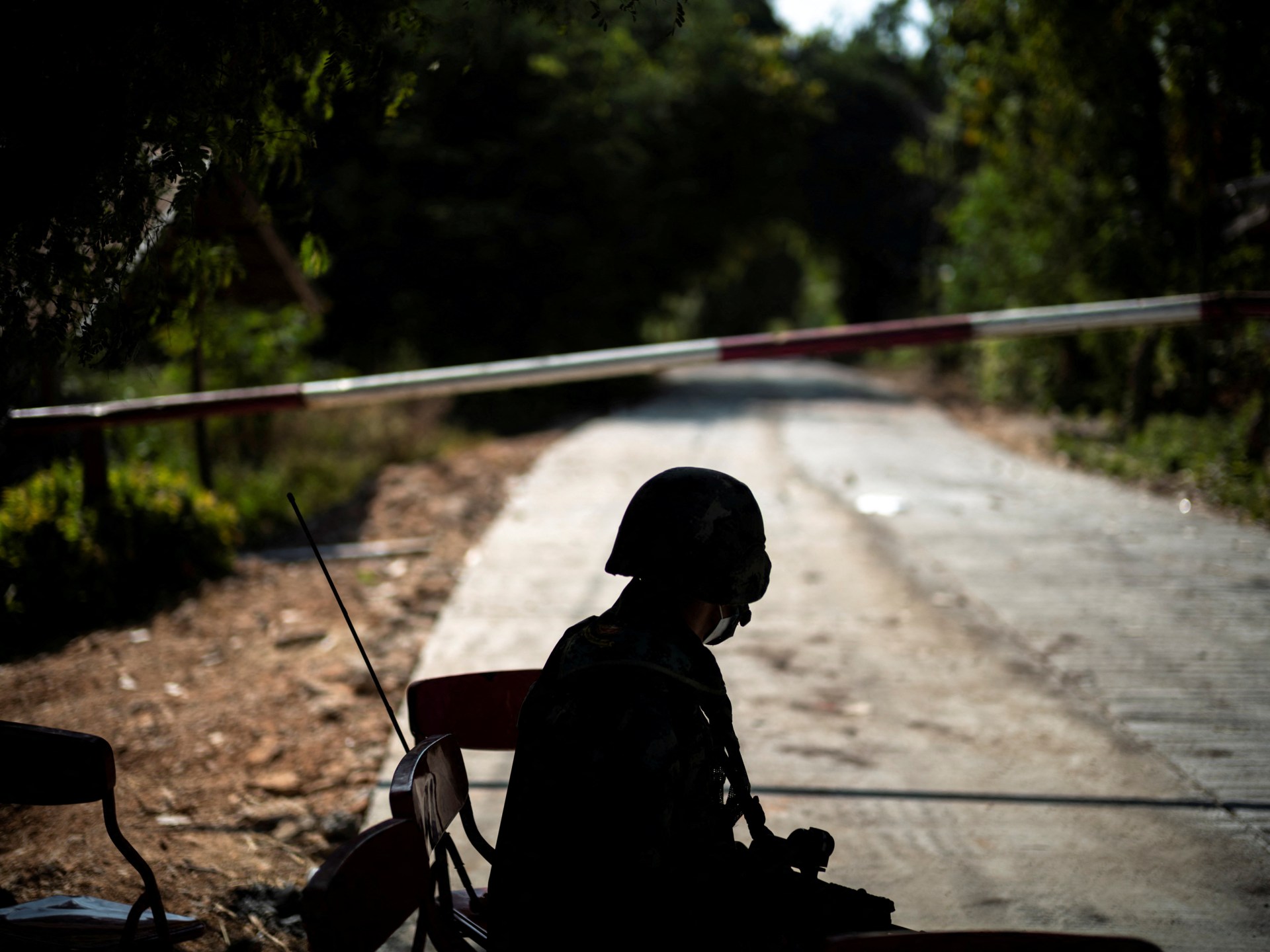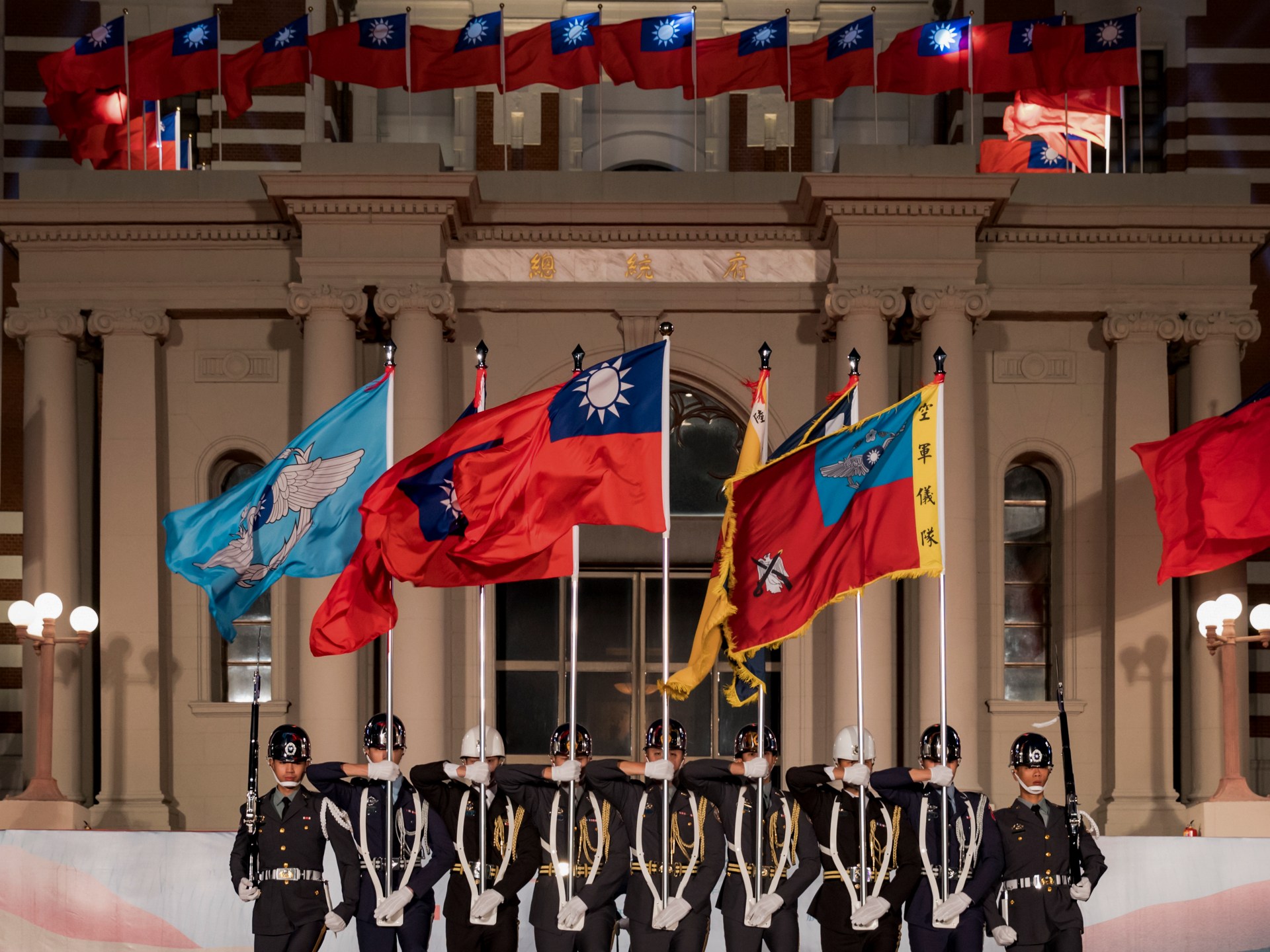Ukraine War Intrinsically Linked to Sustainable Development Goals — Global Issues
UNITED NATIONS, Jul 19 (IPS) – The Ukrainian Minister of Foreign Affairs, Dmytro Kuleba, held up a child’s glittery, crimson-red diary as he addressed the Member States at the 88th plenary meeting of the General Assembly on Tuesday.
The regularly scheduled event was set to discuss “the situation in the temporarily occupied territories of Ukraine.” Many speakers took the opportunity to address the recent termination of the Black Sea Grain Initiative and the humanitarian toll of Russia’s war in Ukraine.
Kuleba centered his remarks on an emotional appeal to protect Ukraine’s 7.9 million children the Russian invasion had “deprived” of their normal lives. He shared a series of diary entries he said were written by Ukrainian children.
One eight-year-old boy in blockaded Mariopole writes bluntly about the deaths of his family members. A 13-year-old girl, who has been living in occupied territories for four months, writes about her fear of leaving the house. “Mom tells us not to go for a walk in places where they are many people because many girls get raped,” Kuleba read.
“There are thousands of children like this who go through the same suffering,” Kuleba said as he held the diary in the air, where it sparkled.
Throughout the ongoing High-Level Political Forum at the United Nations, the war in Ukraine has been repeatedly cited as one reason the world is failing to make progress on the sustainable development goals set for 2030.
“This war is intrinsically linked to our sustainable development agenda and the sustainable development goals,” the President of the General Assembly, Csaba K?rösi, said.
Goal ten addresses the dire support needed for refugees. An update on the sustainable development goals released by the UN last week reports that the number of global refugees has hit a record high of 34.6 million. 41% of these refugees were children.
According to Kuleba, only 383 of Ukraine’s 19,474 illegally transferred children have been reunited with their families. He called for a joint demand that Russia “immediately provide the list of children from Ukraine and grant access to them for international human rights and monitoring missions.” Kulebal also encouraged the development of new international instruments to punish the taking of civilians as hostages.
He concluded with a commitment to ending the war through Ukrainian victory: “This war needs to be won. Unfortunately, on the battlefield, and at a high cost so that the aggressor drops plans…”
Péter Szijjártó, the Hungarian minister of Foreign Affairs, focused on achieving peace through diplomacy rather than battle to mitigate skyrocketing inflation, food scarcity, and energy demands felt by people around the world—additional threats to the sustainable development goals.
Szijjártó suggested that grain from Russia and Ukraine be transported through Central Europe, where countries like Hungary would help prevent food shortages. This would offer an alternative to the Black Sea Grain Initiative, which allowed for the transportation of goods across the Black Sea to Turkey until its termination by Russia yesterday.
“We do not only keep the opportunity open for transiting Ukrainian grain through Central Europe, we have invested in huge infrastructural development in Hungary to increase the volume of grain from Ukraine where they can be shipped to Africa and Middle East countries where this grain is badly needed,” Szijjártó said.
Dmitry A Polyanskiy for the Russian Federation, meanwhile, described injustices experienced by Russian-speaking civilians in Crimea under Ukrainian governance. He called leadership in Kyiv a “puppet regime” of the West and criticized lies about Russia in “contemporary Western society.”
“Colleagues in developing countries have a clear understanding of what is taking place,” the representative said, referring to what he said was a “colonial tradition of pitting countries against each other.”
K?rösi expressed disappointment at the Security Council’s failure to adopt any resolutions regarding the war in Ukraine, noting the General Assembly’s passage of six resolutions in support of Ukraine. He condemned ecological warfare, the targeting of civilian infrastructure, and the “consistent and systematic violations of international law.”
“This war constitutes a serious threat that risks jeopardizing the prospects for a sustainable future for humanity and the planet,” K?rösi said.
IPS UN Bureau Report
Follow @IPSNewsUNBureau
Follow IPS News UN Bureau on Instagram
© Inter Press Service (2023) — All Rights ReservedOriginal source: Inter Press Service
Check out our Latest News and Follow us at Facebook
Original Source

